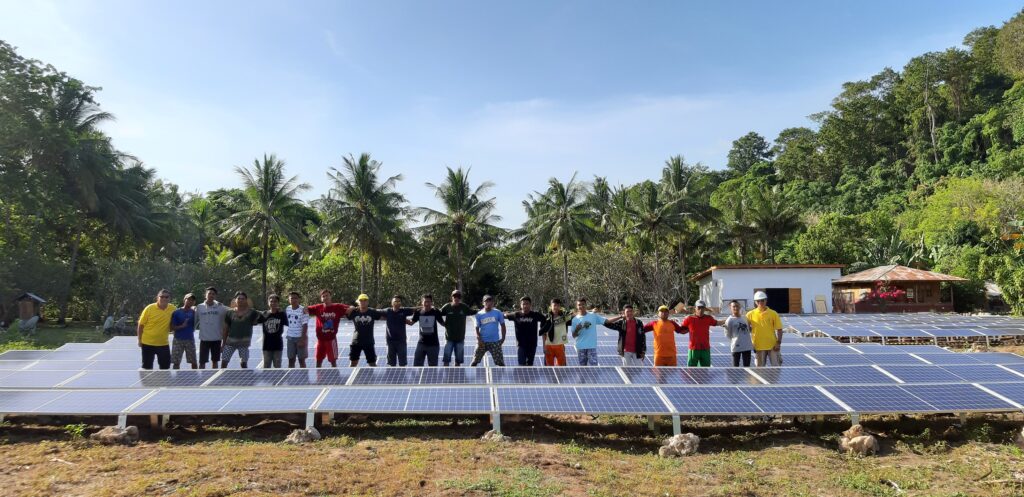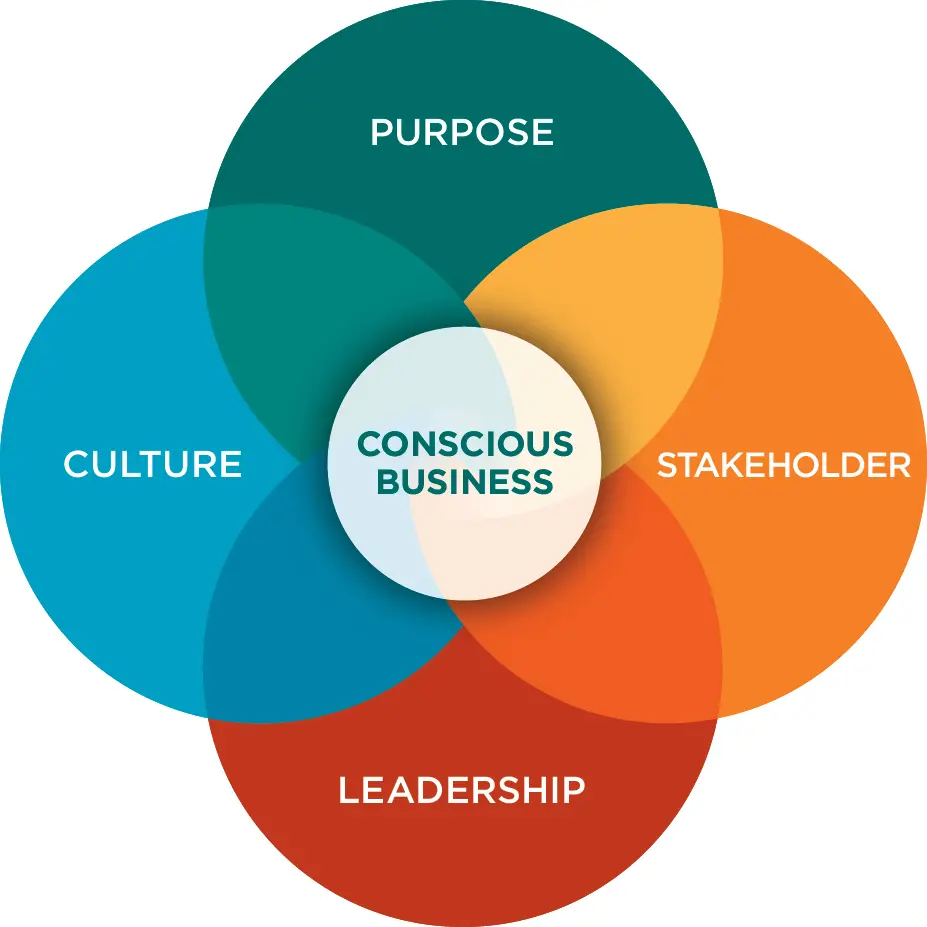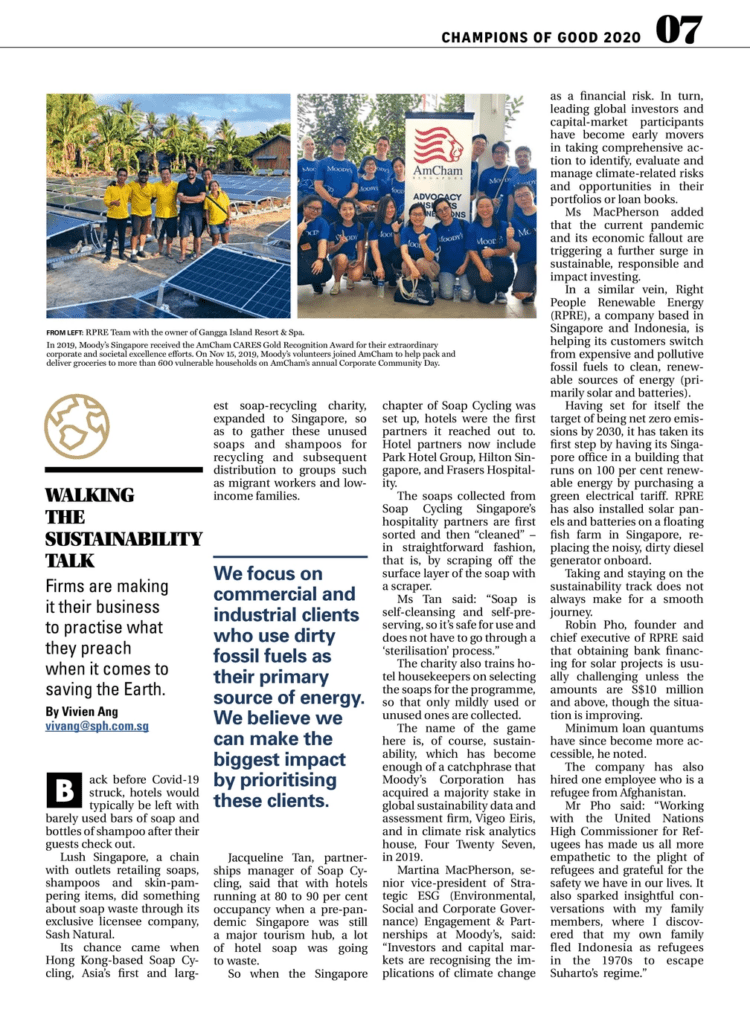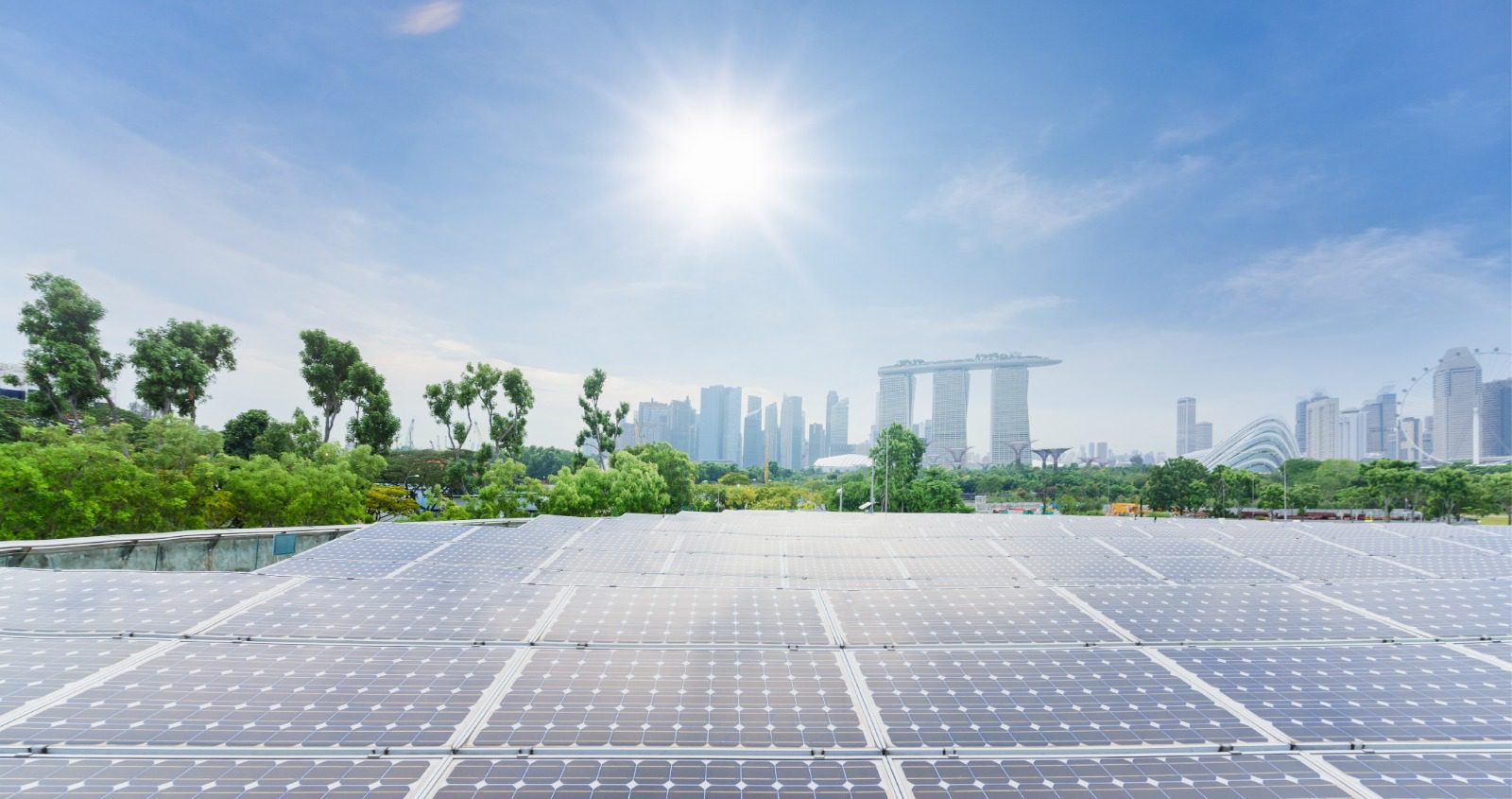Capitalism is an essential force driving the global economy, after all, it creates jobs for the community that a company operates in. However, if left unchecked, only pushing for business profits without consideration for its stakeholders and effects on society, it may lead to serious consequences. With more scrutiny on businesses’ impact on society, especially in combating climate change and social inequality, it is imperative for businesses to build systems to achieve both economic success and positive influence on society.
Converting sustainability initiatives into actions can be done by first understanding a business concept known as Conscious Capitalism through the Triple Bottom Line – a concept that measures a business’s success in 3 key areas: profit, people, and the planet.
What is Conscious Capitalism?
Conscious Capitalism is a business philosophy coined by John Mackey, co-founder of Whole Foods, and professor Raj Sisodia. In the book, Conscious Capitalism: Liberating the Heroic Spirit of Business, they define conscious capitalism as “a way of thinking about capitalism and business that better reflects where we are in the human journey, the state of our world today, and the innate potential of business to make a positive impact on the world.”
In practice, Conscious Capitalism is an ethical approach to profit-making that emphasises the need to also consider environmental and social impact. Conscious capitalists believe that businesses are not just accountable to shareholders—they are also accountable to the larger population and the environment. Consciousness simply means being self-aware. The willingness to look inside, acknowledge our limitations and take responsibility for our actions and the needs of the larger community.
Why Conscious Capitalism Is The Way to Go?
In a Podcast interview with Epic Nation, Robin Pho—the Founder and CEO of Right People Renewable Energy (RPRE), a company providing renewable energy solutions—stated that adopting Conscious Capitalism provides a huge opportunity for businesses to do good as well as make profits at the same time. It also allows businesses to stand out among their competitors when it comes to simultaneously fighting climate change and running a viable business.
Conscious capitalists are not merely focusing on the financial bottom line or technical and engineering point-of-view, but also looking at what happens to the community and finding opportunities to give back to the community. It makes a socially and environmentally conscious business more holistic compared to others who do not adopt the Conscious Capitalism concept.
In addition, there are other advantages that businesses can reap by adopting the Conscious Capitalism concept:
New Business Opportunities
As claimed by Kent Gregorie, the Founder & CEO of Symphony Advantage, that Conscious Capitalism is a powerful business model because it aims at solving an important societal or environmental challenge. Instead of becoming an end, profit becomes the fuel for the mission, thus unlocking new and innovative ways of conducting business.
With the demand for achieving a greener and cleaner planet, comes more challenges that need to be taken care of than ever before. As a conscious business, we should aim to provide technical solutions and turn these challenges into an ‘opportunity’ that can be used for the greater good.
As an example, RPRE is a company that has a clear vision to help achieve a cleaner planet by providing renewable energy solutions. But in the beginning, RPRE found a business opportunity by identifying problems that people in the off-grid communities faced. They realised that there are many agricultural locations, especially in rural areas of Indonesia that are still powered by diesel generators (which are environmentally unsustainable). Some of the people from these off-grid communities are also experiencing food insecurity—a condition where people have a lack of quality and consistent access to food.

By identifying these underlying problems, RPRE was able to turn challenges into business opportunities. Whether by expanding their projects (such as the cross-border solar project) or providing talent financing for the people within the off-grid communities in the neighbouring countries of Singapore such as Indonesia and Cambodia, with the hope that the beneficiaries will be able to sustain themselves.
Boosting Employee Morale and Employer Brand Equity
Modern employees search for things beyond a paycheck—they also seek purposes, meaningful social connections, advancement opportunities, and intellectual & mental stimulation. Having a greater company purpose stimulates productivity, and keeps employees feeling like their work is part of something bigger.

Consumers Think More Highly of Conscious Business
People want to interact with businesses that care about the greater good. According to Accenture research (2018), 62% of surveyed global consumers expect businesses to take a stand on the issues they care about, including social, cultural, and environmental issues. In the research, 63% of surveyed consumers also prefer to interact with companies that stand for a purpose that reflects their own value.

The world is looking very different from the past and companies risk losing their relevance and being left behind by the new generations who care about all the underlying benefits outside of profitability if they continue to operate in old ways.
Guiding Principles Behind Conscious Capitalism

Source: Conscious Connection Magazine
Businesses that strive for Conscious Capitalism create systems change in their business model towards a circular economic model. They understand that it is an inevitable challenge because the Fourth Industrial Revolution will compel them to re-examine their value created for the world and innovate to cater to the growing consumer demand for conscious and ethical solutions.
According to a book by John Mackey and Raj Sisodia, Conscious Capitalism: Liberating the Heroic Spirit of Business, Conscious Capitalism has the following four guiding principles:
Higher Purpose
The high purpose highlights ESG values that inspire and engage employees, consumers, and other stakeholders. In general, the purposes can be described through a business’s mission statement.
Stakeholder Orientation
A conscious corporation focuses on optimising shared value for all of its stakeholders, including consumers, employees, suppliers, shareholders, the community, and most importantly the environment, to create a win-win proposition for all.
Conscious Leadership
Thriving organisations are created and guided by leaders who inspire loyalty, consistent & high performance, and purpose-driven work in the teams. They are committed to fostering a culture of continuous growth and development.
Conscious Culture
It is a bridge that unites all stakeholders with its purpose, values and principles. A conscious culture possesses the characteristics of trust, authenticity, transparency, and empowerment between employees and stakeholders.
Conscious Capitalism in Action
Right People Renewable Energy
Robin Pho and LJ Jang from Right People Renewable Energy, also known as RPRE, shed light on their efforts toward creating a Conscious Business in our 3rd Episode of Epic Nation Podcast.
RPRE is a Singaporean social enterprise and currently the only certified B Corp in Southeast Asia that provides renewable energy solutions. As a Certified-B Corporation that adheres to the conscious capitalism philosophy, RPRE helps commercial and industrial clients switch from expensive and dirty fossil fuels to clean renewable energy, and brings renewable energy to off-grid communities. They also lead the change in empowering the disadvantaged by adopting inclusive hiring and have hired persons with disabilities on the team.
Tackling climate change together has been a mission embarked on by businesses from all industries, and that includes the energy sector—in particular, RPRE. RPRE’s way of providing actionable methods to apply Conscious Capitalism is reflected directly in their works.

Source: Right People Renewable Energy
For instance, RPRE stands out among its competitors because they do not solely come up with a technical solution but also look at what happens to the environment and to the social community; and then they find out ways to give back to the nearby community.
One of their notable works is the solar and battery project for an eco-resort called Ganga Island Resort and Spa in Manado, Indonesia. The project was marked as the largest solar battery project in the whole of Indonesia. RPRE also did engage with the local villagers nearby by providing talent financing. Local villagers are not just provided ‘jobs’, but they are also given the opportunity to be trained professionally—in which the transferable skills can be used to help them in their future work.
Besides providing renewable energy solutions, RPRE has widened its scope of work by taking a stand to support a social cause. In 2020, RPRE helped to support and raise funds for Smiling Gecko—a Cambodian-based NGO that provides direct aid in the form of finance and other support to the needy in Cambodia. During the COVID-19 crisis in 2020, people in Cambodia were suffering from a total lockdown. Most factories in Cambodia were closed and many people lost their source of income, including the nearby community where Smiling Gecko operates in. Smiling Gecko and its employees had worked tirelessly to help the nearby communities survive the pandemic by providing food, but with very limited resources. Driven by the act of good, RPRE took initiative to drive awareness toward the cause and successfully raised a total of SGD $10,500, which was donated directly to Smiling Gecko.

Source: Right People Renewable Energy
With involvement in a number of projects, currently, RPRE has won 9 major awards, most recently the NVPC Champions of Good 2020, Total Defence Award, and INSEAD Business as a Force For Good Award 2020.
“Our commitment to a triple bottom line of people, planet and profits is for my children, and their children, so that we can build a sustainable future and define success across generations.”
Robin Pho
At its heart, conscious capitalism is about more than business for RPRE. It is a way of changing society to make it more humane and ethical, one business at a time.
At Epic Dialogue, we help mission-driven organisations amplify their brand and CSR initiatives through our unique combination of digital marketing, events, and branding capabilities. We are strong believers in doing well by doing good, and we exist to help take businesses to greater heights with our 360° Sustainability Communications Solution.
Contact us to see how we can help your business.



